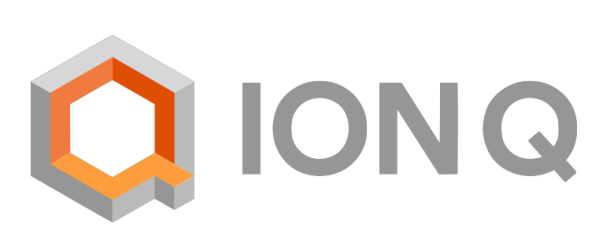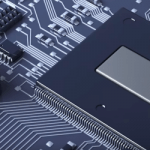With algorithmic qubits, IonQ aims to show quantum’s real-world value

When IonQ last week said its newest quantum computer, Aria, achieved a record 20 algorithmic qubits (#AQ) in a benchmarking test, the first question that might come to mind was. “Is there room in the quantum computing sector for another metric?”
#AQ is an application-oriented metric that IonQ itself first proposed in 2020 as a way of determining how useful quantum computers could be in real-world settings tackling real-world problems. It’s also just the latest of many metrics that have been proposed by different companies in the quantum sector to show the value that their computers can bring.
IonQ further explained #AQ and the results of its benchmarking test in a blog post last week. It said #AQ expands on algorithmic benchmarks pioneered by the Quantum Economic Development Consortium (QED-C) to evaluate the number of algorithmically-relevant qubits in a system–meaning those qubits that are practically useful for executing quantum circuits and carrying out computations.
“Having an #AQ of 20 means one can execute a reference quantum circuit over 20 qubits that contain over 400 entangling gate operations and expect the results to be correct with meaningful confidence,” said Jungsang Kim, co-founder and Chief Technology Officer. “Using IonQ Aria, we have executed a half dozen different quantum algorithms that were identified by QED-C to be of practical interest to the quantum industry.”
IonQ said Aria successfully executed quantum circuits “containing more than 550 gates, as compared to the superconducting systems that can only execute circuits containing dozens.” A chart within the blog post showed how Aria favorably compared to systems from IBM, Quantinuum and Rigetti in this regard. (IonQ intends to submit the benchmarking data and the techniques behind them to a peer-reviewed journal in the coming months.)
IonQ added that the latest results followed an industry-wide an independent industry-wide benchmarking study performed in summer 2021 that found that IonQ was more powerful than competing quantum computers. Peter Chapman, president and CEO of IonQ told IQT News via email, “These results [the 20 algorithmic qubits] were achieved under the same conditions as the industry-wide study. For the industry-wide study, all participating teams followed a standard set of rules to run their systems and sent in their data for the peer-reviewed paper.”
Asked what #AQ could bring to a sector that already has metrics like quantum volume, circuit-layer operations per second and more, and if quantum companies should try to reach a consensus about which one is best, Chapman said, “We agree that there is a benefit to having one straightforward number to compare, share and read. However, that metric should focus on immediate utility and value to users. #AQ examines how good the entire system is at solving problems. That means running basic algorithms that will be the building blocks for solving real-world problems, like advancing financial services and chemistry solutions for electric vehicle batteries.” He noted that Aria is the same system being used by IonQ and Hyundai on a project to make electric car batteries more efficient.
“While metrics like CLOPS focus on one aspect of a quantum computer’s ability, it is important to have a single number that captures how all of the individual metrics interact,” Chapman added. “Individual metrics impact performance differently, and a quantum computer is normally limited by its worst metric, not its best. #AQ lays out the real world benefits (i.e. what algorithmically- or commercially-relevant problems can this system solve).”
Regarding Aria’s availability, the system remains in private beta for now, available to some IonQ customers like Hyundai. Chapman said, “We have not yet announced the timeline to make this system generally available, but recommend you stay tuned for updates.”





















